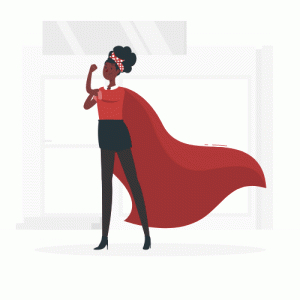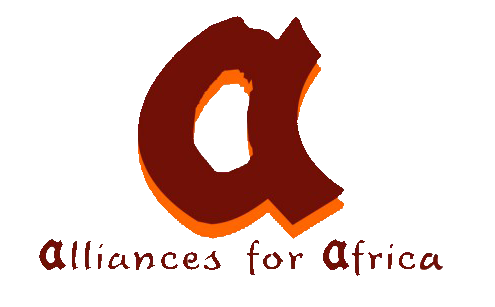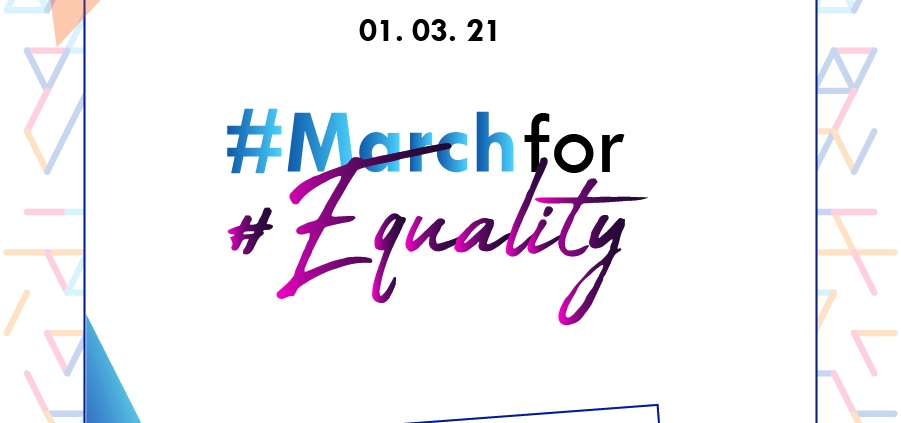#IWD 2021 – Press Release a call on Imo State Government to adopt and implement policies that promote the inclusion of women in politics to advance gender equality.
Alliances for Africa
For immediate release
March 8, 2021.
Alliances for Africa Implores the Imo State Government to adopt and implement policies that promote the inclusion of women in politics to advance gender equality.
International Women’s Day is an annual celebration that offers an opportunity to reflect on progress made so far towards achieving gender equality, to call for improved activism and as well celebrate acts of courage and determination by women who have played an extraordinary role in the history of their countries and communities.
The theme for this year’s celebration is Women in leadership: Achieving an equal future in a COVID-19 world. The theme takes into cognizance, the tremendous efforts and courage shown by women and young girls around the world in shaping a more equal future and recovery from the COVID-19 pandemic. The pandemic saw many women and girls stand at the front line of the crisis, as health care workers, caregivers, innovators, community organizers and as some of the most exemplary and effective national leaders in combating the pandemic.
On this day, Alliances for Africa joins the world in recognizing the momentous efforts and contributions of all Women who are continually in the frontline causing great impact at different levels and we express continuous support and solidarity with them and their work.
Globally, there has been an ongoing transformation about the role of women in society. Sadly, in Nigeria, gender inequality still permeates every aspect of society including the political sphere. Women are lagging behind when it comes to taking up leadership positions. They are politically underrepresented, with little or no decision-making power accorded them.
In addition to persistent pre-existing social and systemic barriers to women’s participation in leadership, new barriers have emerged with the COVID-19 pandemic. In Nigeria, women are facing increased domestic violence, unpaid care duties, unemployment and poverty. Despite women making up a majority of front-line workers, there is a disproportionate and inadequate representation of women in national COVID-19 policy spaces.
Despite the country acceding to a number of international instruments on promotion and protection of the rights of women such as the Universal Declaration of Human Rights, 1948; International Covenant on Economic, Social and Cultural Rights, 1966; International Covenant on Civil and Political Rights, 1966; CEDAW, 1979; African Charter on Human and People’s Rights, 1981; Convention on The Elimination of All Forms of Discrimination Against Women (CEDAW) 1985; Protocol to the African Charter on Human and People’s Rights, 2003; and the Solemn Declaration on Gender Equality in Africa, 2004, among others and having already existing policies like the National Gender Policy which was formulated to promote a 35% affirmative action for women; a policy that demands 35 per cent involvement of women in all governance processes, the Not Too Young To Run law which encourages young people to run for elective positions, women still occupy less than 10% of political positions. At the Senate level, out of 109 senators, only seven (7) are women and for the house of representatives, only 11 out of 360 seats are occupied by women. In the Imo State House of Assembly, only two (2) out of the twenty-seven (27) legislators are women.
The wide margin is traceable to the deep-rooted patriarchal system of society. The gender divide in Nigeria’s political landscape is more of culture and religion than it has to do with women. They are hindered by the faulty political structure accompanied by violence and godfatherism. More so, dual nativity, biological roles, the cultural and religious factor, lack of domesticated legal frameworks, finance, stigmatization of women in politics all inhibit women’s participation in politics. Women are made to believe that they can never measure up to their male counterpart hence, their zeal for political and leadership ambition wanes thereby reducing possible chances of more women representation in leadership.
Gender parity in parliamentary representation is still far from being realized and without representation at this level, it is difficult for women to influence policy. A strong and vibrant democracy is possible only when the parliament is fully inclusive of the population it represents. Parliaments cannot consider themselves inclusive until they can boast the full participation of women. This is not just about women’s right to equality and their contribution to the conduct of public affairs, but also about using women’s resources and potential to determine political and development priorities that benefit societies and the global community.
On this note, Alliances for Africa is therefore appealing to the government to implement policies that promote and protect the rights of women by:
- Ensuring the Not Too Young To Run law incorporates and gives young women a fair opportunity to contest for political positions.
- Implementing fully the 35% Affirmative Action (AA).
- Reviewing the Gender and Equal Opportunities Bill which guarantees the rights of women to equal opportunities in employment; equal rights to inheritance; equal rights for women in marriage and divorce, equal access to education, property/land ownership and inheritance; protects the rights of widows; guarantee appropriate measures against gender discrimination in political and public life and ensure the prohibition of violence towards women.
- Domesticating the Convention on The Elimination of All Forms of Discrimination Against Women (CEDAW).
- Domesticating the Imo State Violence against Persons’ prohibition bill to protect women against all forms of violence that reduces women’s chances of reaching their full potential and leading a life void of violence.
We are also urging older and younger women to rise and challenge the status quo in the country because it has been globally recognized that inclusivity in political participation is a fundamental aspect of modern democracy and that when women are properly represented, it makes room for improved policy changes, economic growth, enhanced peacebuilding and a more egalitarian society.





Leave a Reply
Want to join the discussion?Feel free to contribute!